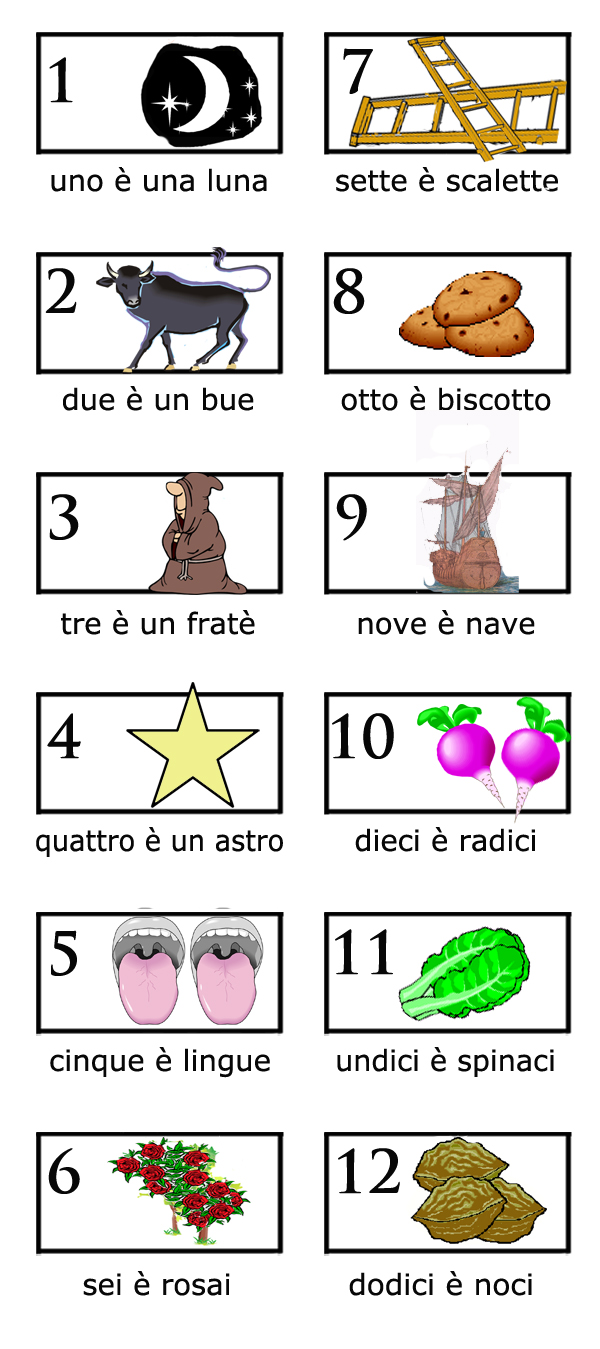What do we mean by word-finding problems?
Here are some examples:
- increasing use of circumlocutions rather than specific terms (e.g., "I wonder where the thing that goes here is")
- use of empty phrases, indefinite terms, and pronouns without antecedents (i.e., referring to something or someone as "it" or "him / her" without first identifying them by name)
- increased frequency of pauses
These problems are all characteristic of Alzheimer's, but also, to a much lesser extent, of normal aging.
